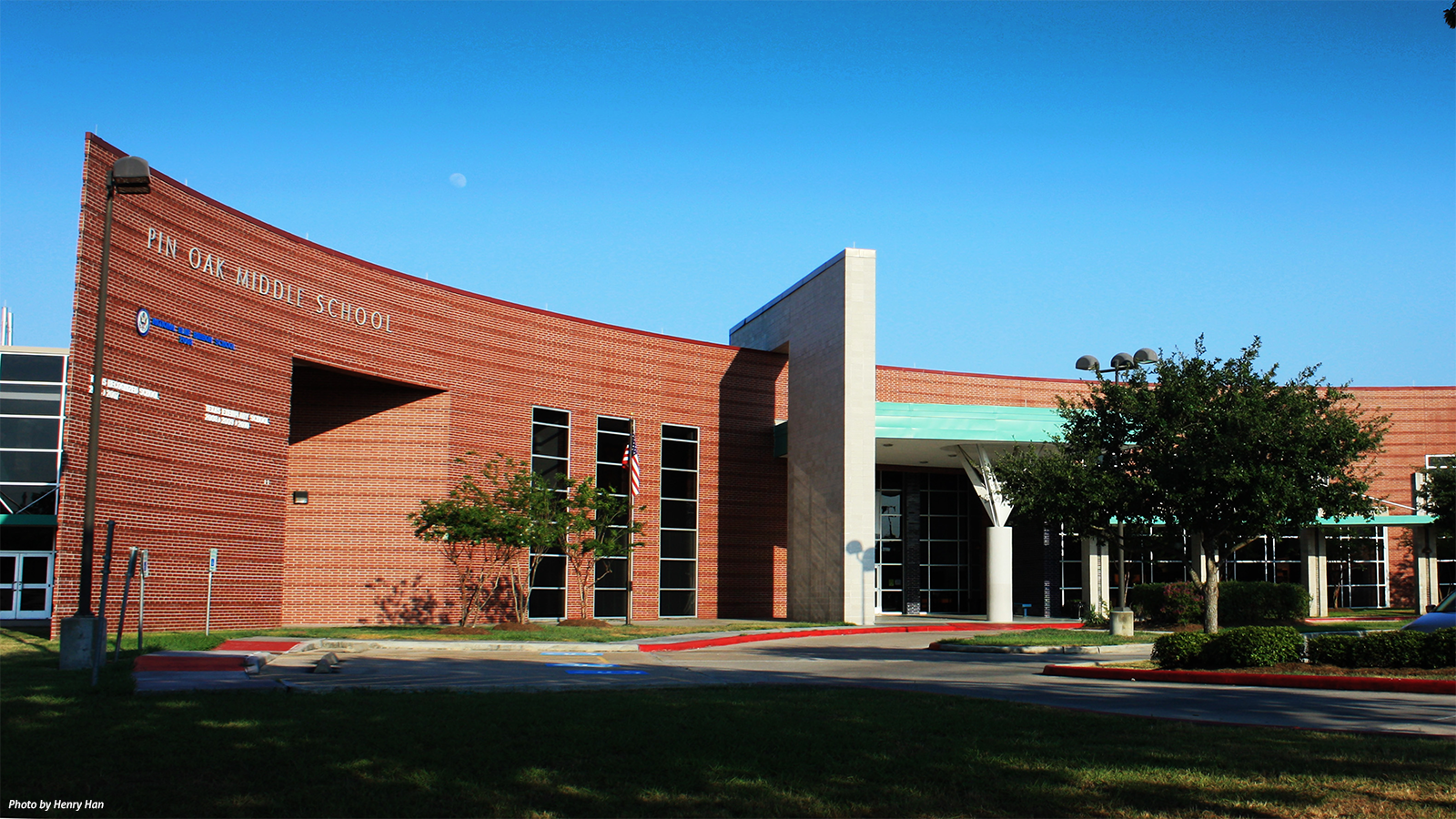Join the Motion to Save Temecula Schools: Community Activity Needed!
Join the Motion to Save Temecula Schools: Community Activity Needed!
Blog Article
The Impact of Institution Environments on Academic Success and Personal Health
The style of educational areas, consisting of natural illumination and ergonomic furnishings, can improve pupils' focus and comfort. Just how can institutions tactically boost these aspects to better sustain their students?
Physical Format and Style
Just how does the physical format and layout of an institution influence academic success? The plan and aesthetic of a school setting can substantially affect trainees' knowing results. A properly designed school design promotes ease of activity, lowers diversions, and cultivates a feeling of security and belonging. Large hallways and plainly significant locations assist in smooth shifts in between classes, minimizing lateness and disturbance. Additionally, purposefully positioned usual areas urge social interactions, which are important for psychological and social growth.
All-natural lights and effective ventilation systems are pivotal in improving cognitive feature and minimizing absence. Research studies have actually shown that classrooms with ample all-natural light improve pupil focus and minimize sensations of drowsiness. In addition, ergonomic furnishings tailored to pupils' needs can protect against physical discomfort, permitting for extended focus and involvement in academic activities.
Access to outdoor areas and cosmetically pleasing surroundings additionally play a critical function - Save Temecula Schools. Eco-friendly spaces and well-maintained school grounds provide opportunities for physical workout and psychological relaxation, both of which are essential for maintaining high levels of scholastic performance. Essentially, a thoughtfully designed physical setting can function as a catalyst for academic excellence, promoting an ambience that supports both mentor and learning
Class Atmosphere
A favorable class atmosphere is basic to accomplishing scholastic success. An environment that cultivates a feeling of security, inclusivity, and shared regard motivates students to involve even more proactively in their discovering procedures. The setting of a class, consisting of facets such as lights, noise levels, and seating arrangements, can substantially affect trainee focus and motivation. A well-ventilated, well-lit class with minimal diversions can boost cognitive function and minimize stress and anxiety, thus advertising far better scholastic outcomes.
In addition, the class atmosphere need to sustain a culture of collaboration and open interaction. They are extra likely to engage deeply with the material and establish crucial assuming skills when pupils feel comfortable revealing their ideas and asking concerns. Peer communications and group activities can boost learning by offering varied point of views and fostering synergy
Moreover, establishing clear assumptions and consistent routines can create a structured environment that allows pupils to concentrate on their studies. By reducing unpredictability and giving a predictable structure, pupils can better handle their time and responsibilities. Inevitably, a favorable class ambience not just improves scholastic performance but likewise contributes to the overall well-being of trainees, preparing them for future instructional and individual endeavors.
Teacher-Student Relationships
Structure on the importance of a positive classroom environment, the partnerships between pupils and educators play a pivotal duty fit scholastic success. A healthy teacher-student connection fosters a discovering setting where students really feel valued, pop over to this web-site understood, and sustained, which significantly enhances their motivation and interaction. When trainees perceive their instructors as approachable and empathetic, they are most likely to take part proactively in class and seek assistance when required, adding to a deeper understanding of the subject.

This count on enables students to express their ideas and worries openly, promoting a joint understanding atmosphere. In significance, solid teacher-student partnerships are a foundation of academic success, playing an important function in both academic achievement and personal development.
Peer Interactions
Peer interactions substantially influence academic success by forming a trainee's social and cognitive growth. Favorable peer communications can enhance a pupil's motivation and engagement in scholastic tasks via joint understanding and mutual support.

Efficient peer interactions likewise contribute to the advancement of important life abilities, such as problem, teamwork, and communication resolution. These social competencies are crucial for both scholastic success and personal health, emphasizing the significance of cultivating positive peer characteristics within the school environment.
Extracurricular Tasks
Participating in after-school activities plays a crucial role in a trainee's academic success and individual advancement. These tasks, varying from sporting activities groups to dispute clubs, use trainees chances to develop beneficial abilities such as management, time management, and teamwork. Research study continually suggests that students that join extracurricular activities tend to accomplish greater scholastic efficiency. This relationship is frequently credited to the organized environment and the discipline required to stabilize both scholastic and extracurricular commitments.
In addition, extracurricular participation fosters a feeling of belonging and community, which is vital for personal wellness. Taking part in team tasks allows students to construct and enhance social media networks, boosting their social and psychological knowledge. These interactions are critical for developing interpersonal skills that are beneficial in both scholastic and future specialist environments.
Furthermore, after-school activities give a useful outlet for students to discover their interests and interests past the basic curriculum. This exploration can lead to the discovery of brand-new skills and potential occupation courses, better inspiring students to engage more deeply in their scholastic work. In final thought, the duty of after-school activities extends beyond plain entertainment; they are essential to fostering an alternative instructional experience that promotes both academic success and individual growth.
Verdict
Attentively created physical formats and class, along with positive teacher-student connections and positive peer communications, dramatically enhance trainee inspiration and engagement. These aspects collectively emphasize the value of developing and maintaining optimal institution settings for the benefit of students' academic and personal growth.
Inevitably, a positive classroom atmosphere not just boosts scholastic efficiency however likewise contributes to the total well-being of pupils, preparing them for future educational and personal endeavors.

Report this page